Man and the mind
Cultural guest Heikki Slåen is a director, actor and model. He has already come back twice.
Rabbits, plants and dozens of kilos of soil.
He has been directing videos for five years. At the same time, UMK has become a phenomenon.
In addition to directing, Slåen also acts, shoots and does script work. Sounds like a typical list of mixed jobs in the cultural sector.
But when you add merites as a model and paratrooper to your resume, Slåen starts to sound like a superhuman.
However, that’s not what he is.
Forty-year-old Slåen has already had two burnouts, the background of which is his work career and the release of teenage traumas.
According to Slåen, in Finland people already know how to talk about men’s mental health and the men themselves have learned to talk.
However, he thinks it’s just a good start.
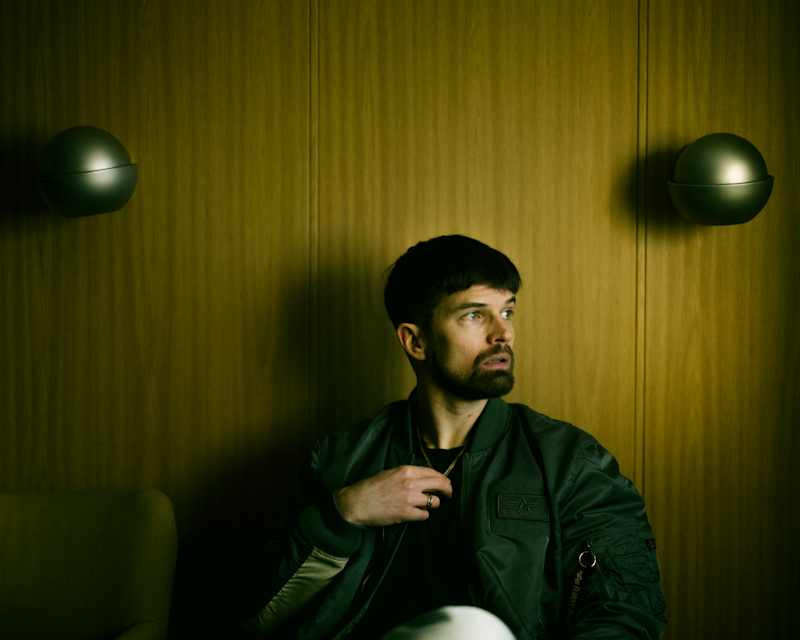
UMK videos with an idea
The music videos made for the final songs of the New Music Competition are almost unique in Eurovision.
Usually, the participating countries publish a music video only of the representative song or settle for a video clip of the national final performance.
In Finland, music videos will be made of all seven final songs. They have become a phenomenon that Vius fans all over the world can look forward to. The quality and ingenuity of the videos are praised profusely.
When Slåen started directing UMK’s music videos in the fall of 2020, they were more modest lyric videos.
But few people know that the idea for Käärijä’s green came from Slåen’s head.
– In the first listening session of the song, I heard the synasound of the song and drew a picture where neon green laser light ruffles white feathers.
The color ended up in a bolero and a show wrestling themed video. The rest is history.
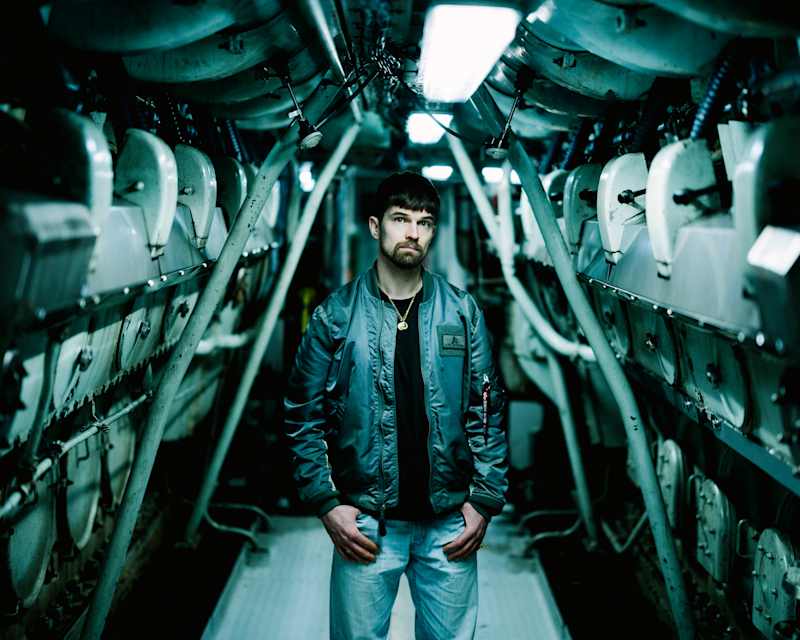
A dream job on both sides of the camera
According to his own words, Slåen, who grew up in Kirkkonummi, is a typical filmmaker born in the 1980s.
He was into skateboarding and snowboarding, and filmed stunts with his friends on home video cameras.
Slåen was able to study film at Stadia University of Applied Sciences (now Metropolia) on the third attempt.
In addition to working as a director and cinematographer, Slåen has also trained as an actor.
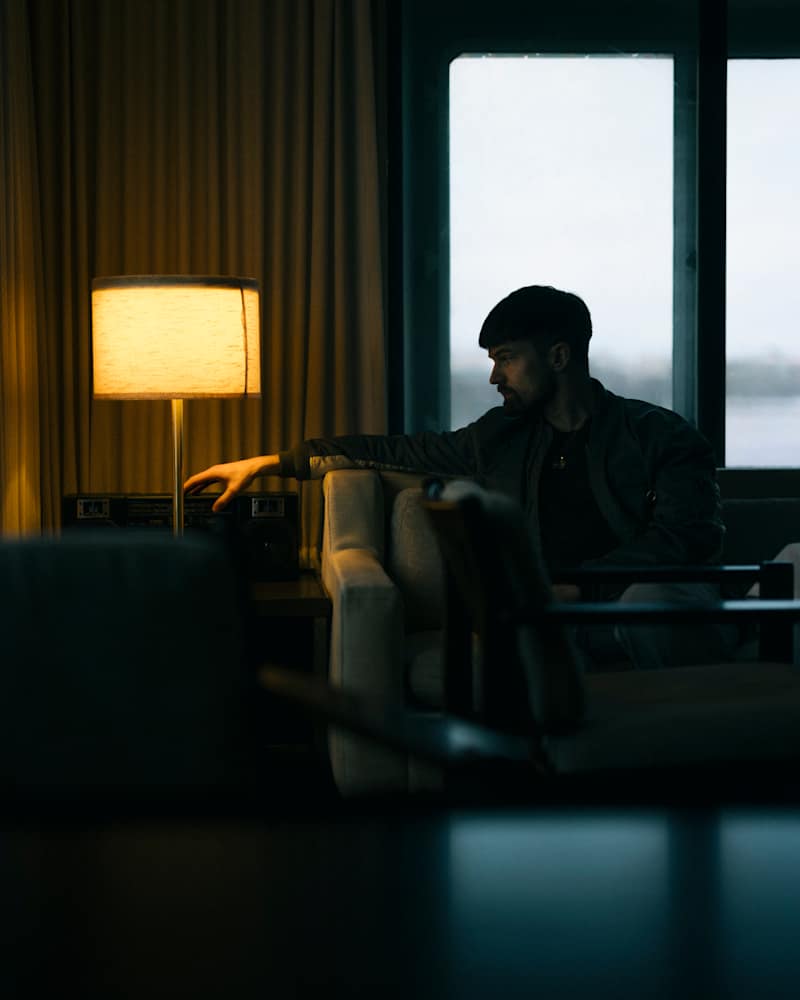
Slåe was seen in last year’s *Konflikti* series. In it, he plays a special forces soldier. In getting the role, it was an advantage that Slåen has attended a paratrooper school.
From microphone stand to man
In his twenties, Slåen wanted to show himself and others that he was a man.
He applied to the paratrooper school.
Slåen had been left with bad scars from being bullied at school. The reason was, for example, the hobby of dancing.
– Adolescence was an unsafe time. I experienced quite a lot of discrimination, being different, being an outsider and being wrong.
Getting into the tough military training seemed like a fitting revenge for the bullies. Slåen practiced for the entrance exams by running with a backpack with ten kilograms of gravel on his back.
He says that he got in by jumping the bar, because almost all the others were experienced athletes and even national team level.
According to Slåen, he was by their side like a microphone stand.
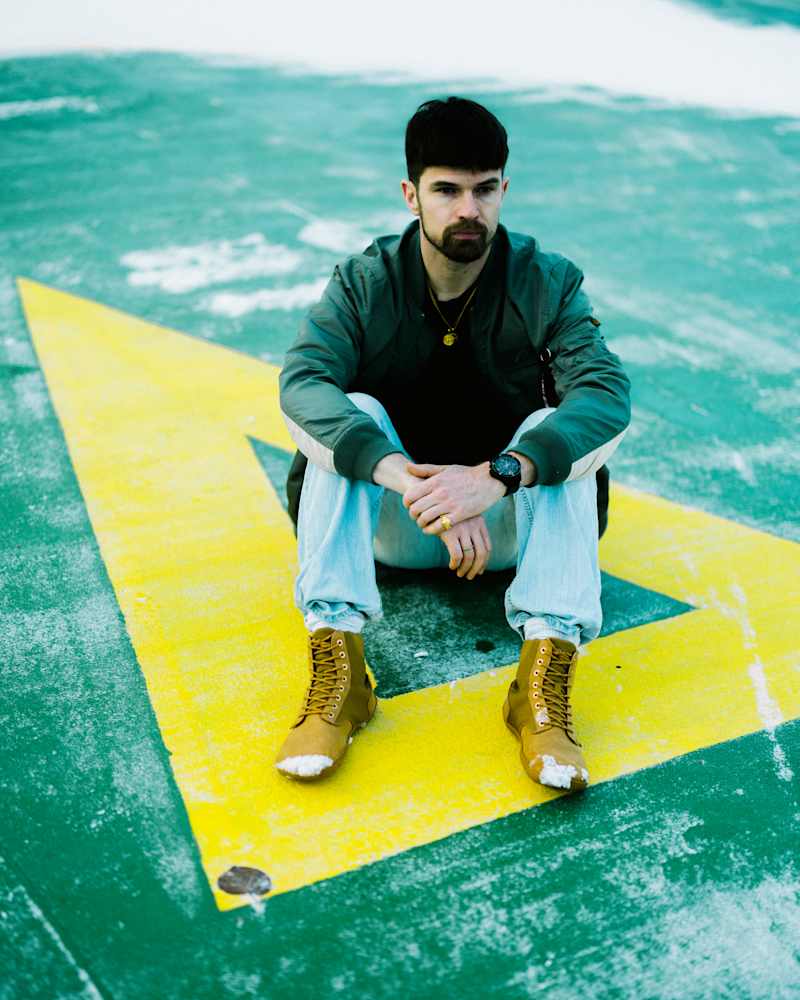
The revenge expedition was forgotten, when Slåen learned something completely different about the manning than he had thought.
In the training of paratroopers, the tasks are extremely demanding. Hunger, cold and fatigue push the body and mind to the limit.
Slåen learned that the most important thing is not individual performance but working in a group. When someone starts to clot, others help. A friend is not left behind.
In extreme conditions, a vulnerable person emerges from even the most austere jerk.
– That’s what mature masculinity is all about. The world of values \u200b\u200bobtained there has carried me very far in life.
When everything collapses
According to Slåen, the measure of success today is strength and toughness.
– It is more acceptable to drag oneself down the pipe than to say that it is tiring or that it is bad to be.
He knows what he’s talking about. Forty-year-old Slåen has already burned out twice.
The first happened at the end of film school. According to him, it was a classic overload. The young person who got into the field did not know how to measure his resources.
The second time was a real burnout. Less than ten years ago, Slåen made a career as a photographer and everything was actually really good.
Then the dreams went away and finally the whole body failed.
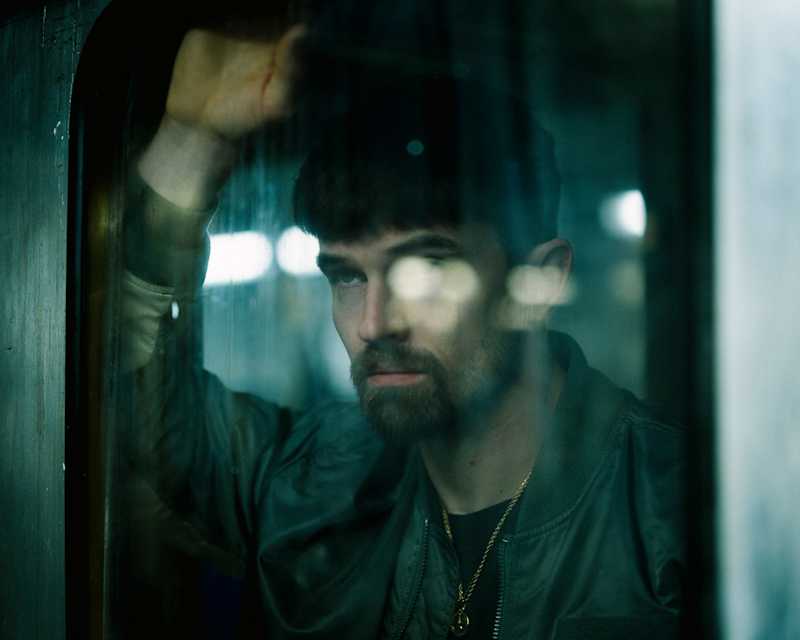
In December, the Institute of Occupational Health published research results, according to which two-thirds of employees in the TV and film industry have psychological symptoms. That is three times more than other working-age people.
Slåen has received help for exhaustion from years of psychotherapy. Peer support has also been found in the Mies community, which focuses on men’s mental health, and the international men’s network ManTalks.
Through them, Slåen understood that there is no such thing as burnout. It’s just exhaustion.
– It is the sum total of a lifetime. Unprocessed emotions from my teenage years had been stored in my body, among other things.
A big realization for Slåen has been that just talking is not enough. Deeper answers can be found in the body and nervous system below the head, and you have to dare to feel them open.
For him, they started to break out when he cried for the first time after years in therapy.
– Talking about feelings comes quite easily after that.
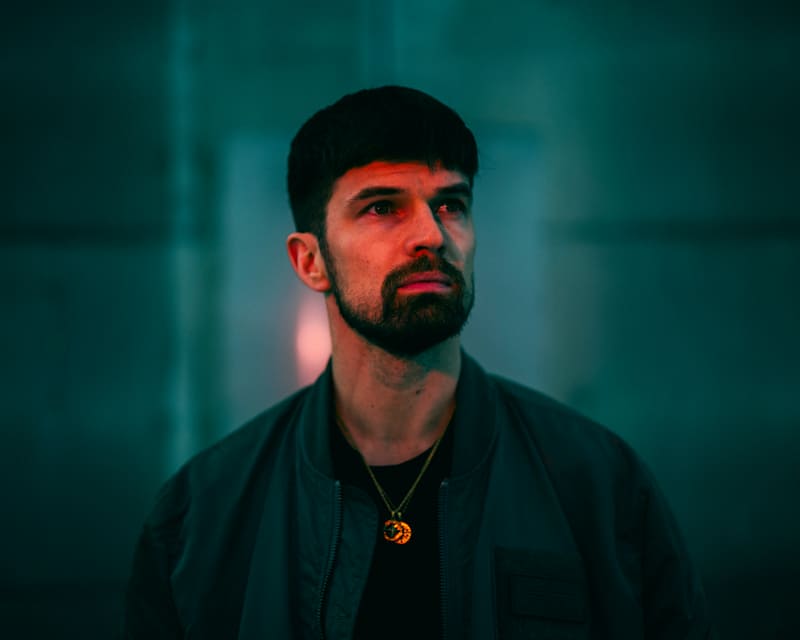
More role models for young men
In recent years, there has been a lot of talk about the increased mental illness among young people, and especially young men.
According to Slåen, over-generations of trauma and concerns of the modern world such as climate change and wars have accumulated in young people.
Still, in his opinion, this generation is not necessarily sicker than the previous ones. However, he is alarmed that there is not enough professional help for young people.
– The discussion culture is already more open and you dare to talk about your own symptoms.
Slåen also sees it in a positive light. Through the symptoms, things come to the surface to be dealt with.
– I don’t know if I can say this, but I see a glimmer of hope in it.
Slåen needs more relatable role models from all different areas of life for young people in the mental health discussion.
In his opinion, successful American football star players who have publicly shared their own experiences have been like that.
He reminds us that all people are vulnerable.
Slåen takes, for example, the special forces soldiers who consulted the actors in the *Konflikti* series.
– I have heard them speak of their own vulnerability, limitations and weakness in a way that is completely disarming and captivating.
– Aren’t they pretty tough guys? You don’t have to be Rambo.
